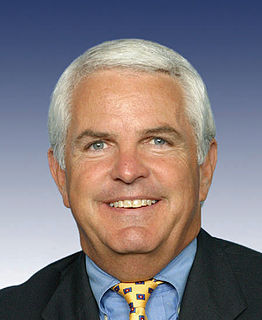A Quote by Marcia Gay Harden
We can be incredibly disconnected in this day and age with computers and cell phones.
Quote Topics
Related Quotes
One metaphor for how we are living is that you see so may people with cell phones. In restaurants, walking, they have cell phones clamped to their to heads. When they are on their cell phones they are not where their bodies are...they are somewhere else in hyperspace. They are not grounded. We have become disembodied. By being always somewhere else we are nowhere.
The cell phone has transformed public places into giant phone-a-thons in which callers exist within narcissistic cocoons of private conversations. Like faxes, computer modems and other modern gadgets that have clogged out lives with phony urgency, cell phones represent the 20th Century's escalation of imaginary need. We didn't need cell phones until we had them. Clearly, cell phones cause not only a breakdown of courtesy, but the atrophy of basic skills.




































